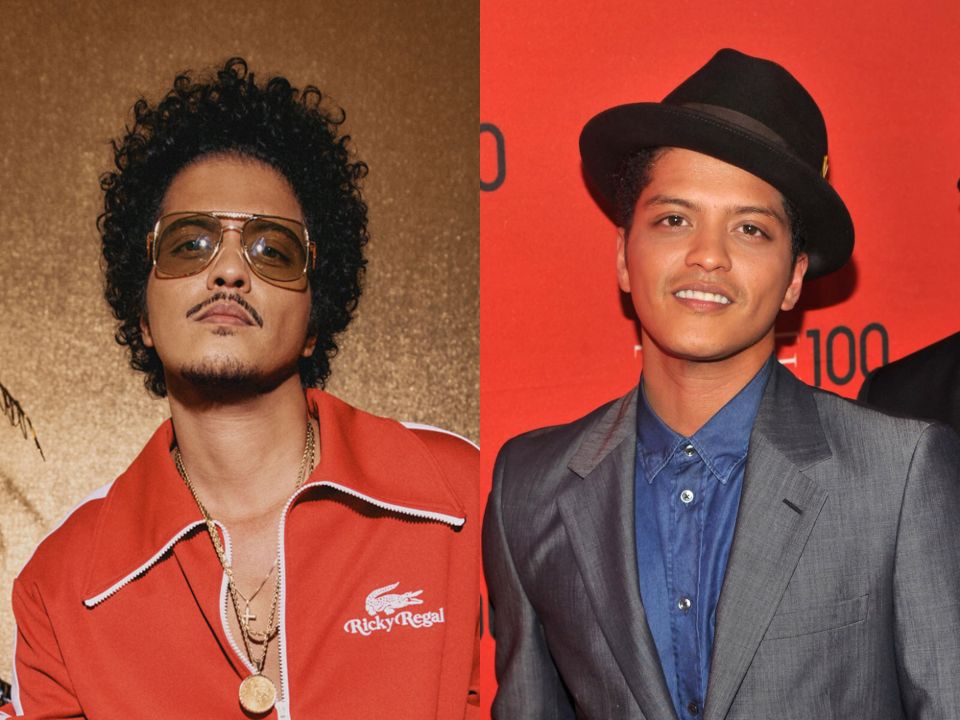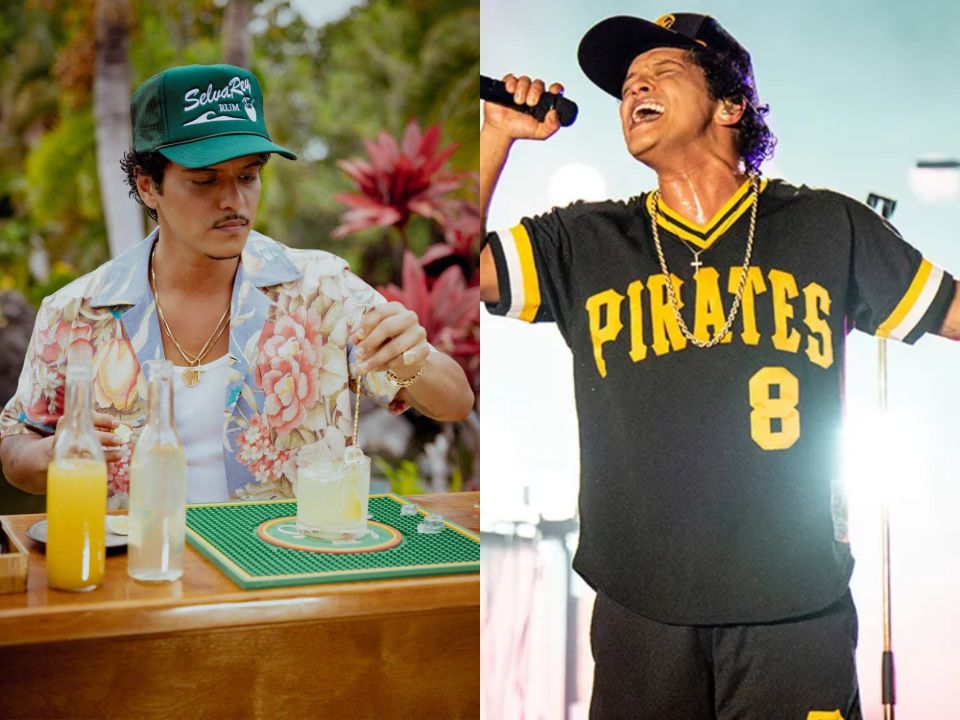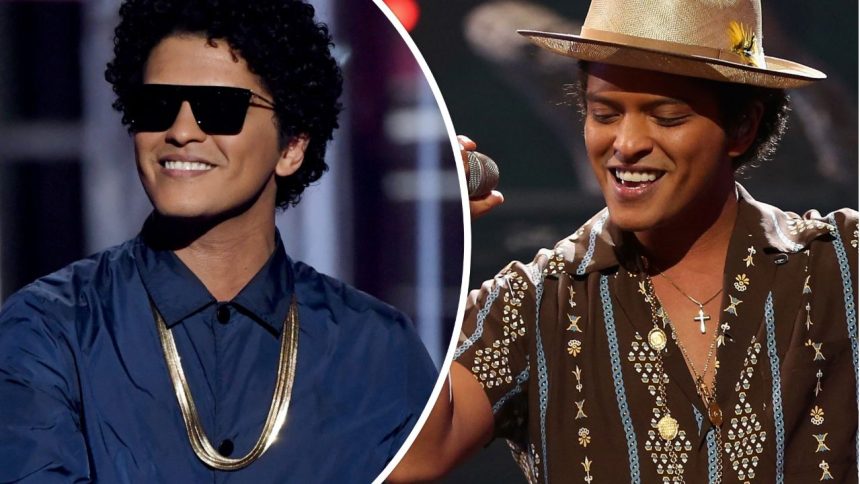Bruno Mars, born Peter Gene Hernandez on October 8, 1985, in Honolulu, Hawaii, is the epitome of cultural fusion, both in his music and his rich, diverse heritage. His ethnic weaving thanks to his parents is as colorful as his energetic performances, with roots that stretch across continents, blending Puerto Rican, Filipino, Spanish, and Ashkenazi Jewish ancestry.
Bruno Mars’ Ethnicity: What’s His Race and Heritage?
Bruno Mars’ ethnicity and race reflect his diverse heritage, with a background that includes Puerto Rican and Ashkenazi Jewish roots from his father, and Filipino and Spanish ancestry from his mother. Born in Honolulu, Hawaii, his multicultural background has significantly influenced his music and artistic style.

Starting with his father, Peter Hernandez, Bruno inherits a blend of Puerto Rican and Ashkenazi Jewish lineage. Peter Hernandez, originally from Brooklyn, New York, carries the colorful cultural mix of Puerto Rico and Eastern Europe in his veins. Bruno’s paternal grandfather migrated from Puerto Rico to Hawaii, adding to the island’s rich cultural mosaic. The Ashkenazi Jewish side of his heritage traces back to Ukraine and Hungary, linking Bruno to a European lineage marked by perseverance and history. This multicultural background undoubtedly contributes to the rhythmic versatility and eclectic influences evident in his music.
On his mother’s side, the story is equally compelling. Bernadette San Pedro Bayot, Bruno’s beloved mother, was born in the Philippines to a Filipino mother and a Spanish father. Her family eventually immigrated to Hawaii, where she grew up immersed in both Filipino traditions and the melting pot culture of the islands. Bernadette was not just a cultural conduit; she was a performer herself—a singer and hula dancer—instilling in Bruno a profound appreciation for music and performance from a very young age. This mix of Filipino warmth and Spanish flair is another layer in Bruno’s complex identity, influencing not just his looks but also the passion and intensity he brings to the stage.
Bruno Mars should get a whole Grammy for himself, not as a part of a pop duo with Lady Gaga.
Just listen to that voice and tell me if he doesn’t deserve more pic.twitter.com/ksV42aWVUR
— MissFacto (@missfacto) February 3, 2025
Bruno’s upbringing in Waikiki Beach was saturated with music, thanks to his family’s band, The Love Notes, which performed Las Vegas-style shows for tourists. He joined the family act at the tender age of four, famously becoming the world’s youngest Elvis impersonator. This early exposure to diverse musical styles—from Motown to doo-wop, R&B to rock—laid the foundation for his genre-defying career. His mixed heritage wasn’t just a background detail; it was front and center in shaping his artistic identity.
The nickname “Bruno” was bestowed upon him by his father, inspired by the chubby, tough-looking wrestler Bruno Sammartino, which suited young Peter’s stout demeanor as a child. The “Mars” part of his stage name was a strategic addition. As Bruno explained, he felt it gave him a certain pizzazz, an otherworldly charm that helped him stand out in the music industry. It was also a subtle rebellion against industry stereotypes that sought to pigeonhole him based on his Latino heritage. Bruno has been candid about the pressures he faced to conform to Latin music expectations, which he deftly sidestepped, not by denying his roots but by broadening his artistic canvas.
What Is Bruno Mars’ Nationality?

Nationality-wise, Bruno Mars is American, born and raised in Hawaii, a U.S. state with its own rich cultural blend. Yet, his identity transcends borders. He’s not just an American artist; he’s a global citizen whose music resonates worldwide, reflecting the universal appeal of his multicultural roots. Despite his American nationality, Bruno’s heart beats with the rhythms of Puerto Rico, the melodies of the Philippines, the historical depth of Spain, and the soulful echoes of his Jewish ancestry.
Bruno has faced both admiration and critique regarding cultural appropriation, especially given his deep dive into genres rooted in Black culture like funk, R&B, and soul. However, he’s been vocal about his influences, consistently crediting Black artists who paved the way. In interviews, he’s acknowledged legends like Babyface, Jimmy Jam, Terry Lewis, and Teddy Riley, showing that his musical journey is one of genuine appreciation rather than appropriation.



